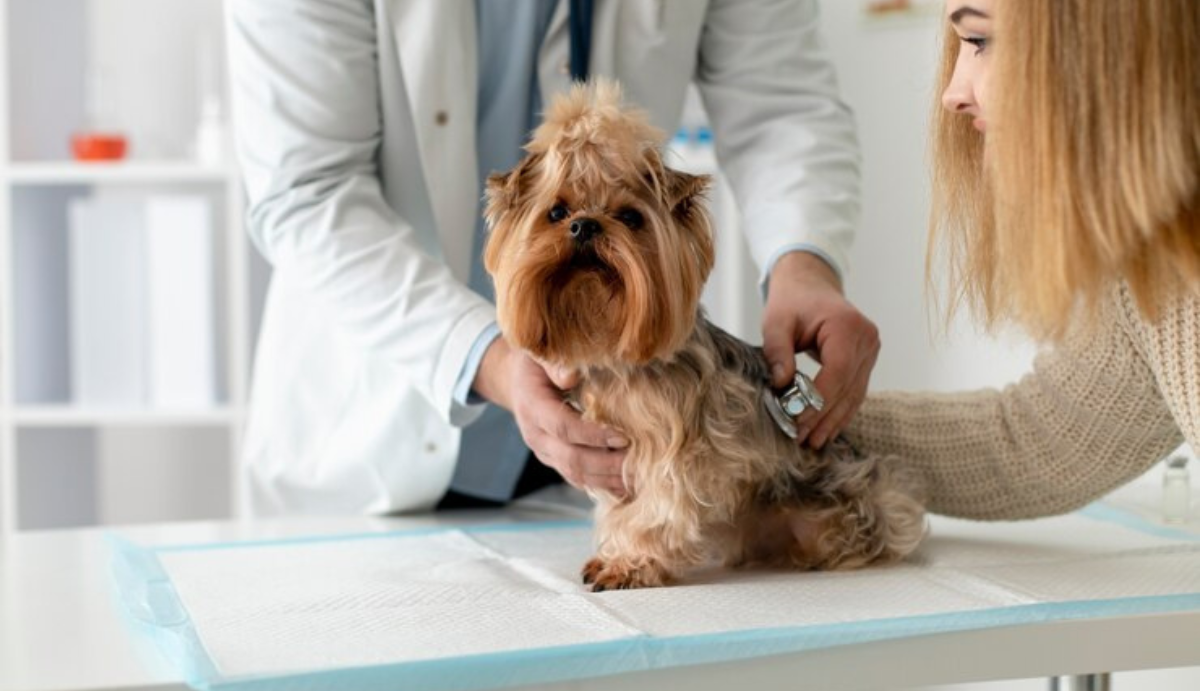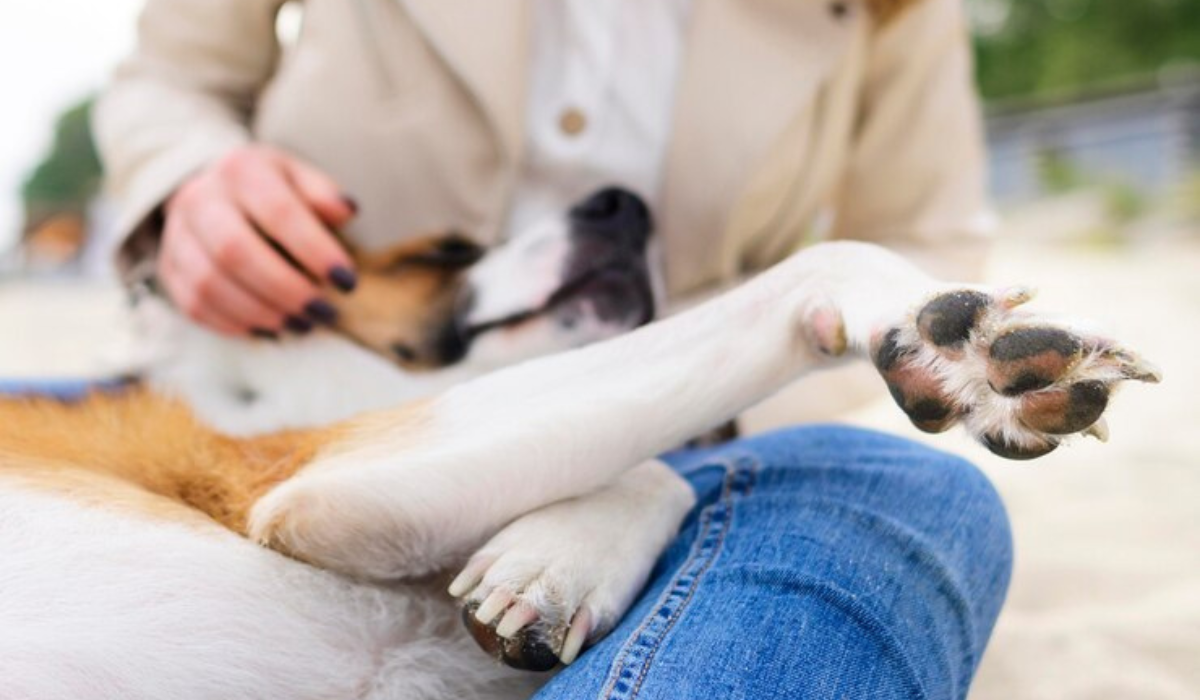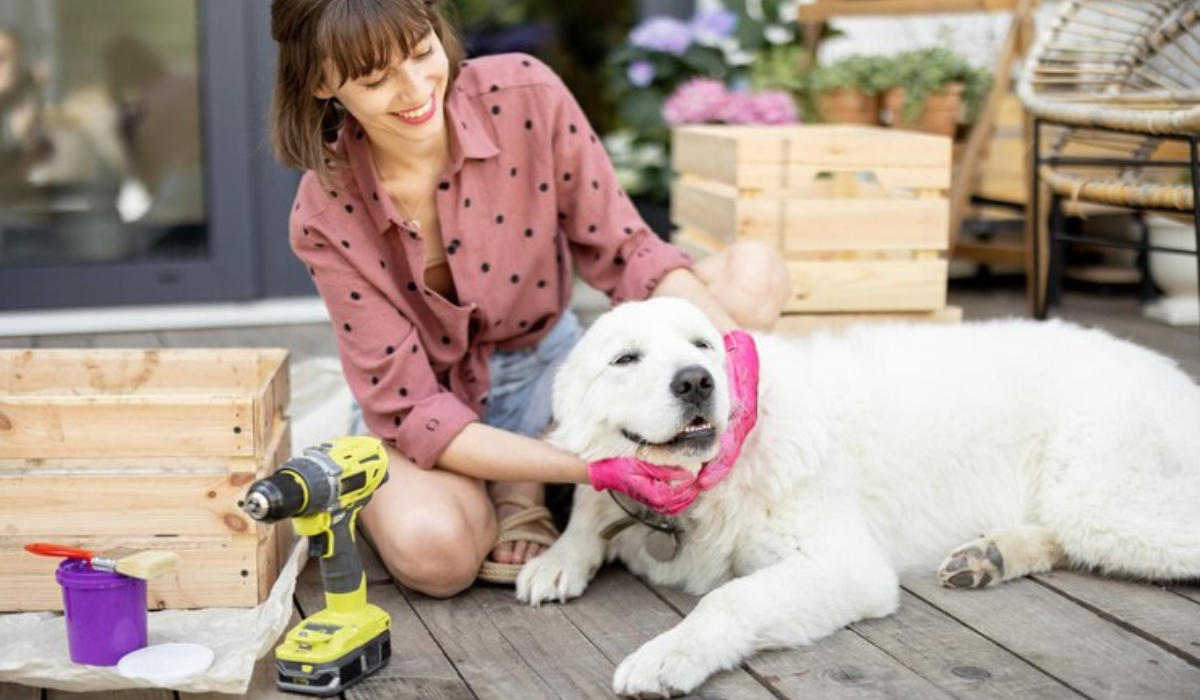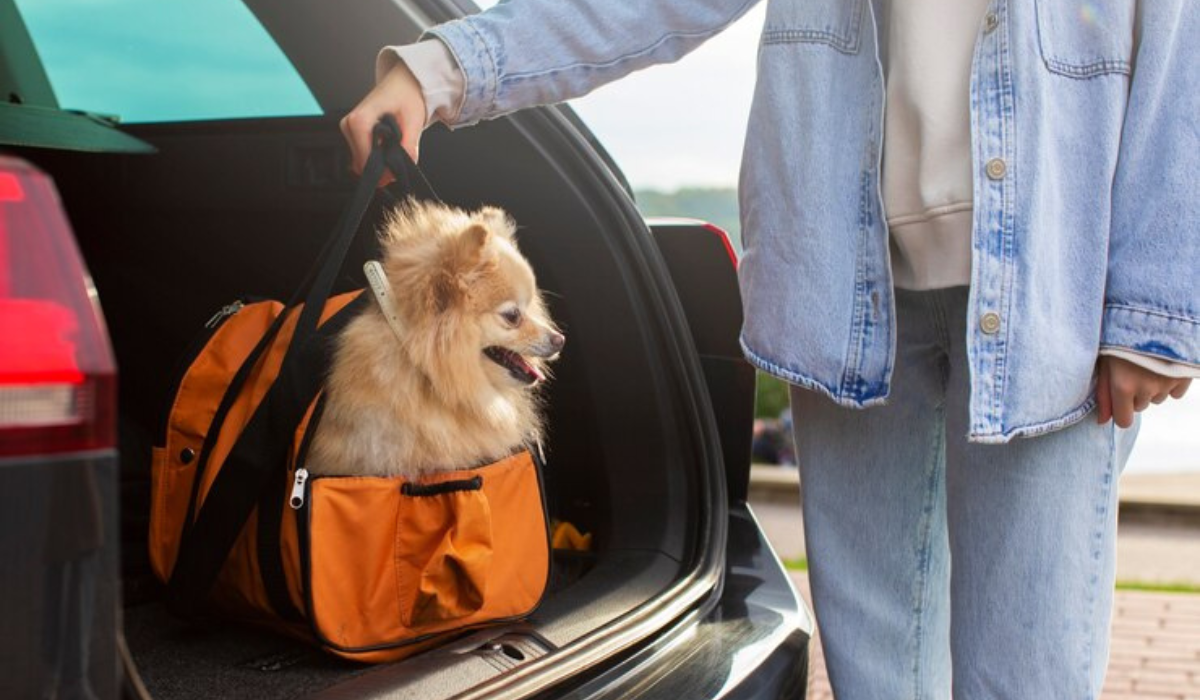The experience of owning a dog is rewarding, but it is not without its responsibilities. You can ensure your furry friend receives the best care by using a checklist. Here are the essential elements of owning a responsible dog.
Preparedness financially:
The cost of owning a dog goes beyond the initial adoption or purchase. Providing comprehensive care requires financial readiness. Take into account the following financial factors:
-
For basic care, you can estimate a cost of around $910.
-
Adoption fees, leash costs, bed costs, and microchipping are all upfront costs to be considered.
-
Expenses such as food, vaccinations, and grooming may arise unexpectedly.
Nutritionally appropriate:
Every stage of your dog’s life requires proper nutrition. Adapt their diet to their specific needs:
-
Dry food is beneficial for the dental health of older dogs.
-
It is important for puppies to eat special puppy food until they reach adulthood.
-
For dietary advice tailored to your dog’s individual needs, consult your veterinarian.
Hydration is essential:
Dogs need water to stay healthy. Access to fresh, clean water should be ensured:
-
Water should be available indoors and outdoors at all times.
-
To prevent dehydration, check and refill water bowls regularly.
Shelter that is safe and comfortable:
A secure and comfortable place to rest and sleep is essential for your dog:
-
In a designated, safe area, provide comfortable bedding.
-
Provide outdoor options, such as kennels or coverings, in addition to indoor sleeping arrangements.
Practices of grooming:
Maintaining your dog’s health and well-being is important. Adapt grooming practices to their breed:
-
Matting can be prevented by brushing regularly and bathing when necessary.
-
Consult your veterinarian for guidance on proper nail care.
Toilets that are clean:
Keep your dog’s toileting area clean:
-
Make sure your dog has regular access to the outdoors for toileting.
-
Ensure a hygienic environment by promptly cleaning up after them.
Checkups with the vet on a regular basis:
Preventive health measures require proactive veterinary care:
-
Make sure you get vaccinated and have your health checked annually.
-
Parasites can be prevented by using treatments recommended by your veterinarian.
-
If your pet’s behavior or health changes, consult your veterinarian immediately.
Exercise and entertainment:
It is essential for a dog to be physically and mentally stimulated:
-
Boredom can be prevented by providing toys.
-
Exercise and mental stimulation can be achieved through daily walks.
-
Allow your dog to interact with people and other dogs during walks.
-
Playing with interactive toys like Kongs stimulates the brain and rewards the player with rewarding treats.
Considerations before becoming an owner:
Do a thorough self-assessment before bringing a dog home:
-
Make sure you are financially prepared, have the time commitment, and live in a comfortable environment.
-
Ensure that the dog you choose is suited to your lifestyle and capabilities.
Preparation at home:
Getting your home ready for a new dog:
-
Make sure your home is dog-proof, especially if you have puppies.
-
To reduce injury or poisoning risks, identify and mitigate potential hazards.
-
You may need to take protective measures for your furniture if your puppy exhibits hyperactivity.
Choosing a veterinarian:
To be a lifelong ally, choose a veterinarian you can trust:
-
Be confident in the expertise and commitment of your veterinarian.
-
For advice on your dog’s health and well-being, consult your vet regularly.
Measures of identification:
Identify your dog easily:
-
Update identification tags on collars.
-
For added security, microchipping is a good option.
Neutering or spaying:
Overpopulation of pets can be addressed by:
-
If you do not intend to breed your dog, consider spaying or neutering.
-
Prevent outdoor escapes, injuries, and losses.
Protocol for vaccination:
Make sure you follow a comprehensive vaccination schedule:
-
Vaccinate your dog during the first few months of its life.
-
Consult your veterinarian for ongoing vaccinations.
Compliance with the law:
Observe local pet ownership regulations:
-
Ensure that vaccinations and registrations are up-to-date.
-
Noise control is an unwritten rule of responsible dog ownership.
Caretakers should be identified as follows:
Prepare for situations where you may not be able to take care of your pet:
-
Provide necessary information to caretakers and select trustworthy ones.
Considerations at the end of life:
You will outlive your dog inevitability:
-
Based on veterinary guidance, make humane end-of-life decisions.
-
Don’t let personal emotions get in the way of your pet’s well-being when making tough decisions.
You must commit to the long-term care, health, and happiness of your dog companion if you are going to be a responsible dog owner. Prepare, stay informed, and prioritize your furry friend’s well-being at every stage of their lives.









